AphroChic Creates Modern Heirlooms
The design line grew out of a blog and is inspired by the creators’ background in social justice and the stories the objects draw out of their customers.

Photo by Patrick Cline via AphroChic
In 2007, Jeanine Hays and Bryan Mason were far from the design world. The husband-and-wife team were living in San Francisco, she working with a nonprofit to reauthorize the Violence Against Women Act in California and he getting his masters in African Diaspora Studies from the University of California, Berkeley. Design was just a hobby. When they started their blog AphroChic, its main goal, Hayes says, “was to address what we saw as a lack of representation in the online design conversation for designers and consumers of color.”
Soon enough, they noticed the same lack of representation in the design products they were discussing and began “filling that gap.” Their first line had culturally inspired pillows and textiles, and has since grown include poufs, kimonos, candles, artisan lighting and handmade rugs.
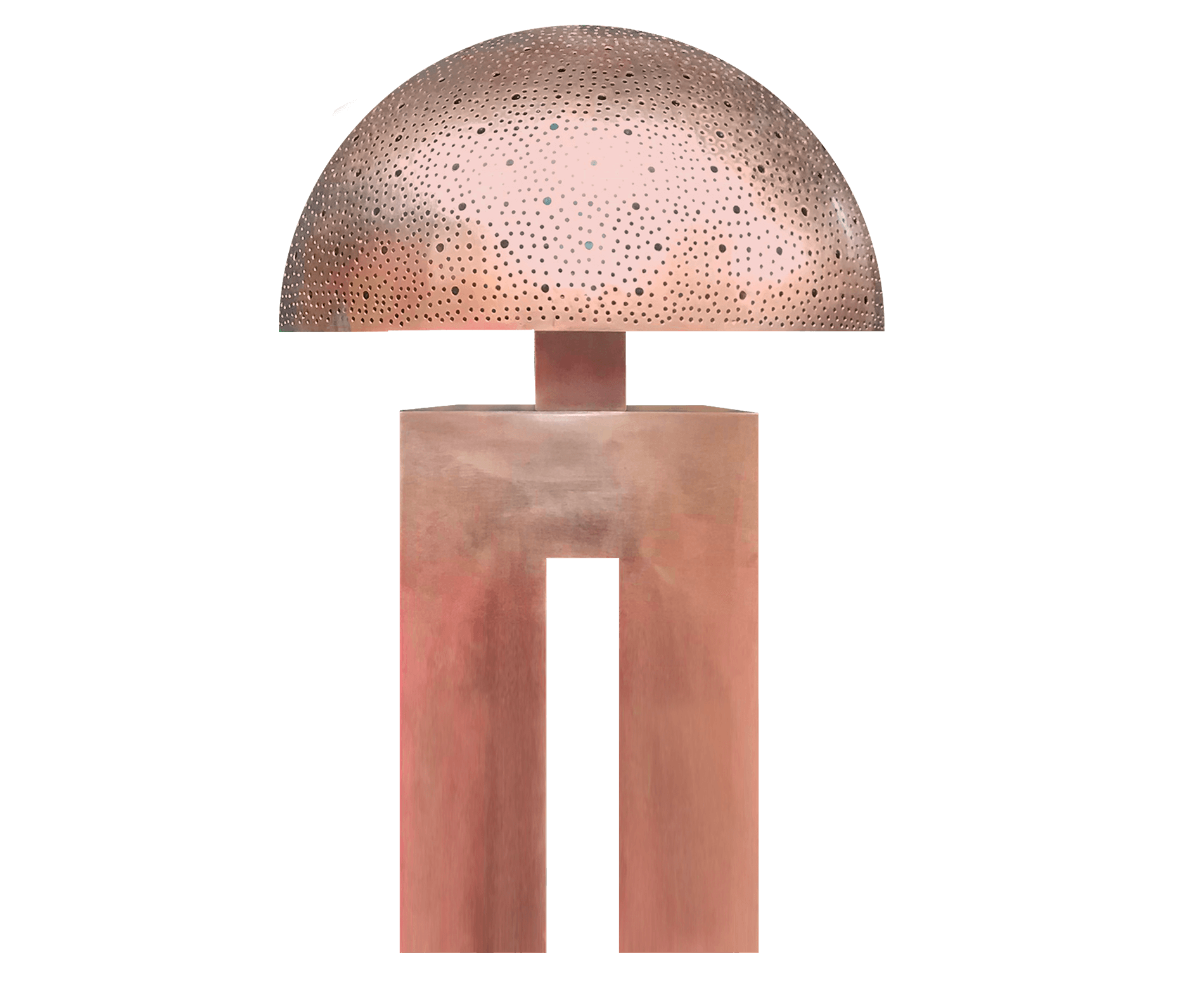
Their past careers are intertwined with their design work. “The focus on women’s rights and social justice is very present in our work, which works at all points to celebrate women of color as both creators and consumers of design,” Hays says. “At the same time, Bryan’s background plays a big role in the stories that we tell through our products and the spaces we design. He connects the dots between the products we create, the history that we highlight and the larger story our brand is trying to tell.”
A larger story is evident in AphroChic’s New Heirlooms collection. “For most enslaved, and even many free African Americans, inheritance wasn’t an option,” Hayes says. “Even in those cases where it did occur, there was nothing a person of color could own that could not be taken away. Even following slavery, as African Americans became able to amass more, and pass more down, there remained few objects for the home that could be passed down that actually reflected African American culture.”
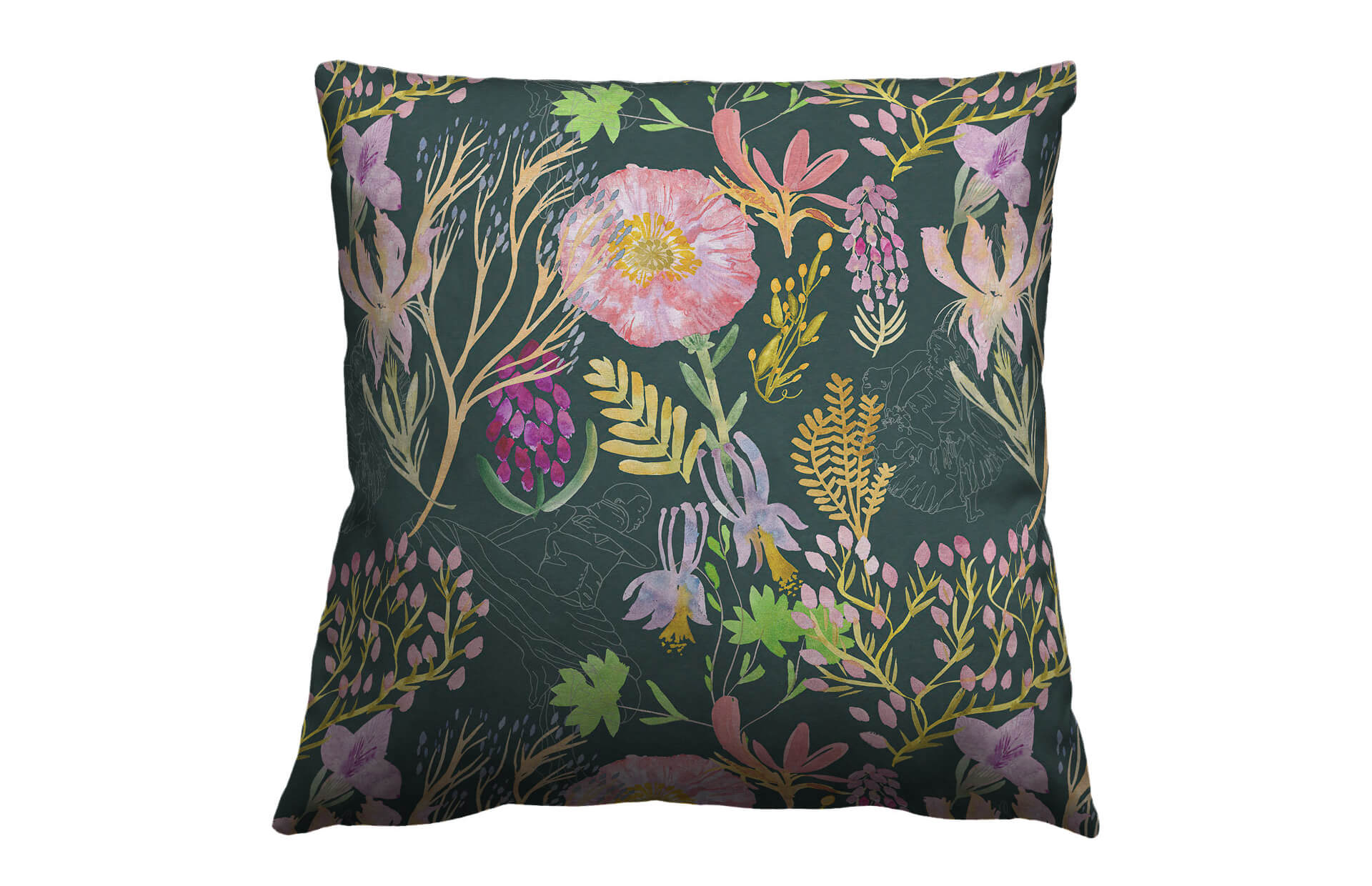
Lack of historical inheritance — and the current role it plays in wealth disparity among black and white families — led them to think about what gets passed down, and how they could contribute. “We found ourselves wanting to create a collection that emphasized the value of objects made by human hands,” Hays says, while also providing “an Afrofuturist statement looking ahead to a time when these disparities no longer exist and inheritance is an equal opportunity for all, rather than a symbol of systemic racial inequality.”
The collection features rugs, made by hand in India and named for the famous antebellum craftsman and free man of color Thomas Day; lighting that is handmade in Morocco; wallpaper that celebrates legendary dancer Alvin Ailey; and a series of traditional Cameroonian Juju hats. “We hope that what we’ve created is something that people can connect with, enjoy and pass down as part of their family’s story for generations to come,” Hayes says.
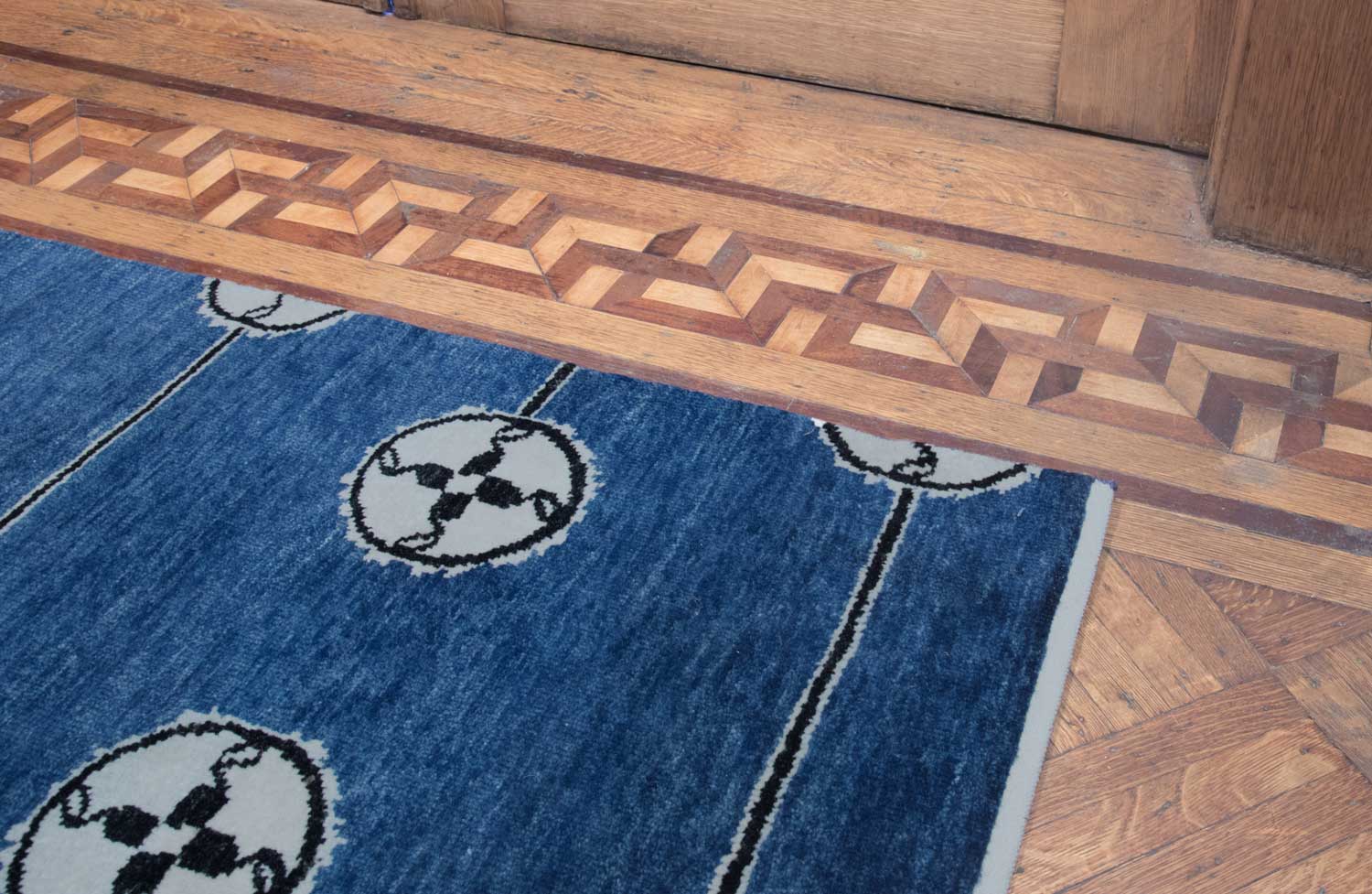
Now based in Crown Heights, the designers say they are inspired by the stories their products draw out of people, but try not to let it affect their process. “It’s very important for us to stay true to ourselves as designers,” Hays adds. “We have to find our own voice and express that voice. That’s what drives us to create pieces that are often unexpected.”
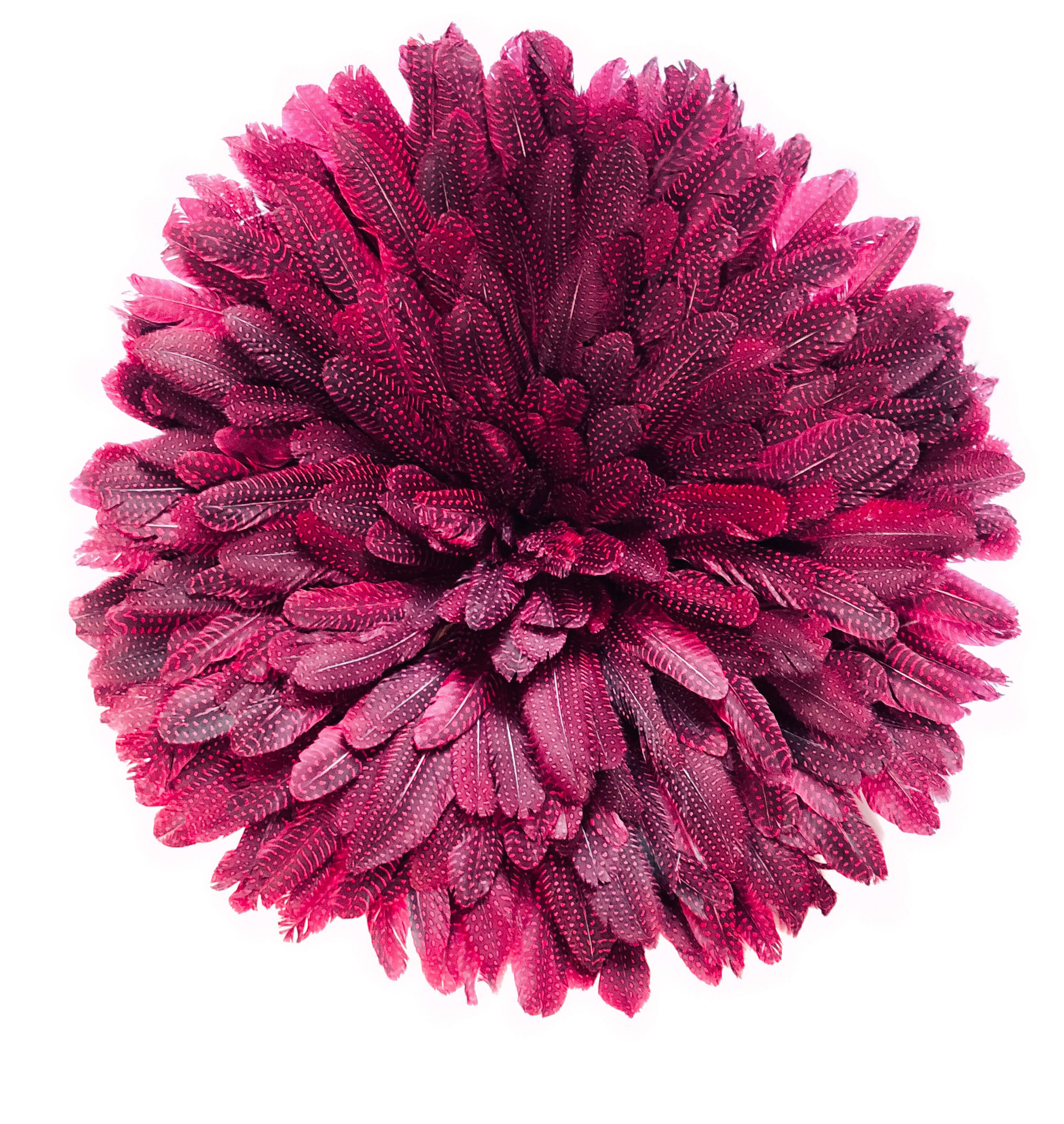
Editor’s note: A version of this story appeared in the Spring/Summer 2019 issue of Brownstoner magazine.
Related Stories
- Gowanus Artist Jordan Nassar Conveys Longing in Landscapes With Palestinian Motifs
- Actor, Activist and Designer Gbenga Akinnagbe Finds a Home in Bed Stuy on His Way to Broadway
- Photographer Rafael Rios Captures Fort Greene Relations in New Book
Email tips@brownstoner.com with further comments, questions or tips. Follow Brownstoner on Twitter and Instagram, and like us on Facebook.

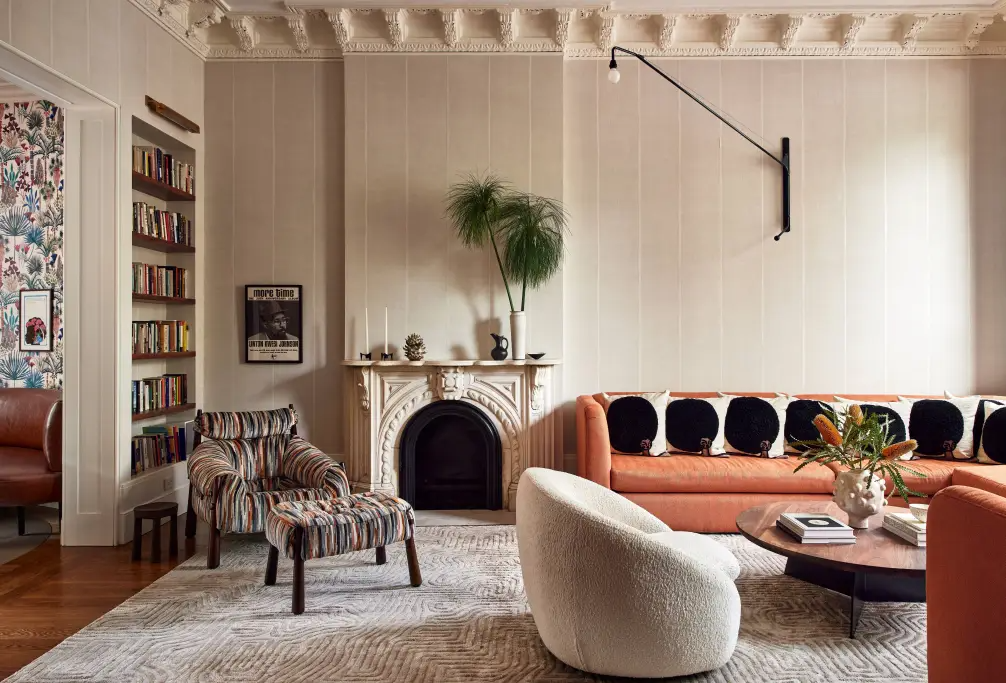







What's Your Take? Leave a Comment